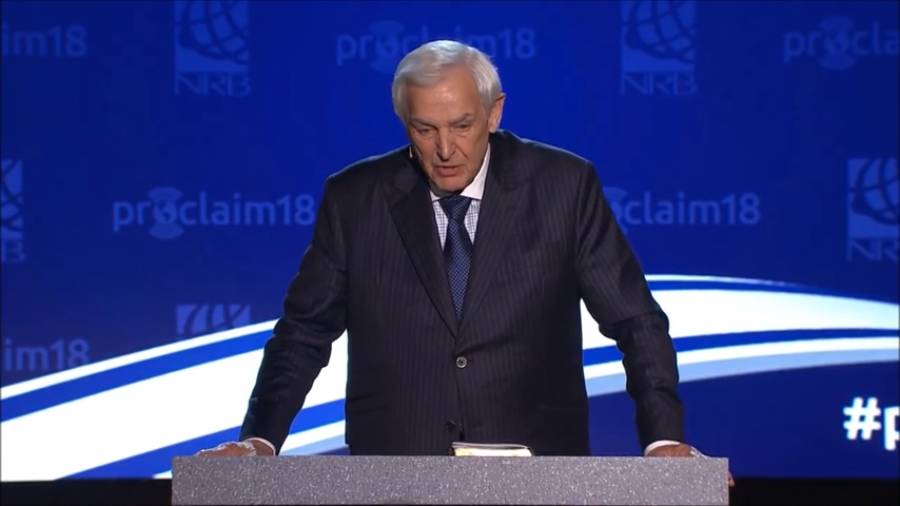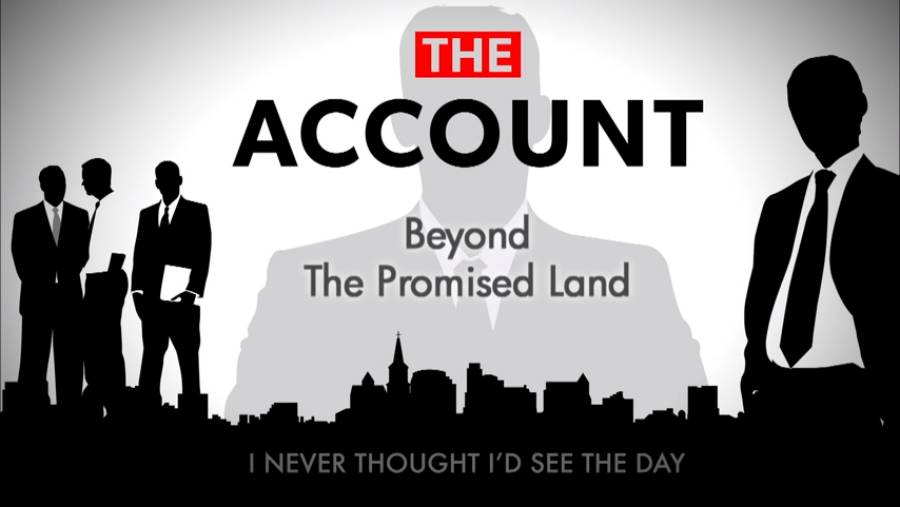

Dr. David Jeremiah Presents
Living inthe Ageof Signs
Online Destination

Living in the Age of Signs
Online Destination

A Life Evergreen: The Christmas Tree
Today’s Audio Devotion:
A Life Evergreen: The Christmas Tree
Joyce Kilmer was born during the Christmas season of 1886. His father (yes, Joyce was a man) invented Johnson’s Baby Powder. As a young man, Joyce married poet Aline Murray, and they had five children. The illness of their daughter Rose brought Kilmer to faith in God. During World War I he was deployed to Europe where he was killed by a sniper at age 31. If you didn’t recognize Kilmer’s name, perhaps you will recall this little verse from one of his poems: “Poems are made by fools like me, but only God can make a tree.”
For centuries, families have been bringing trees indoors as part of their Christmas celebrations. It enables us to see God’s handiwork up close. Every needle and pinecone are designed by the Maker. Many theologians believe the Tree of Life in the Garden of Eden—the symbol of eternal life—was emblematic of Christ. As you enjoy your Christmas tree this year, think of Jesus as both Creator and Savior, and let the fragrance of joy fill your home.
I think that I shall never see a poem lovely as a tree…. A tree that looks at God all day, and lifts her leafy arms to pray.
Joyce Kilmer
For Your Phone or Tablet
Official Mobile App and Lock Screens
Beyond the Promised Land
This is episode nine from The Account, an original Turning Point Television production that was created to introduce David Jeremiah's teaching series I Never Thought I'd See the Day! Its message remains relevant for us as we are Living in the Age of Signs.
The Account takes you back to the 1960's when the advertising agency of Wyndham Ridgestone landed the most mysterious client in the history of their firm. This shadowy and intimidating Client hires the firm to influence the masses—to sway the behavior of people toward a liberal mindset—to market a moral shift in American culture. The faceless and nameless Client presents ten issues to the advertising firm and employs it to create these morally destructive campaigns.












